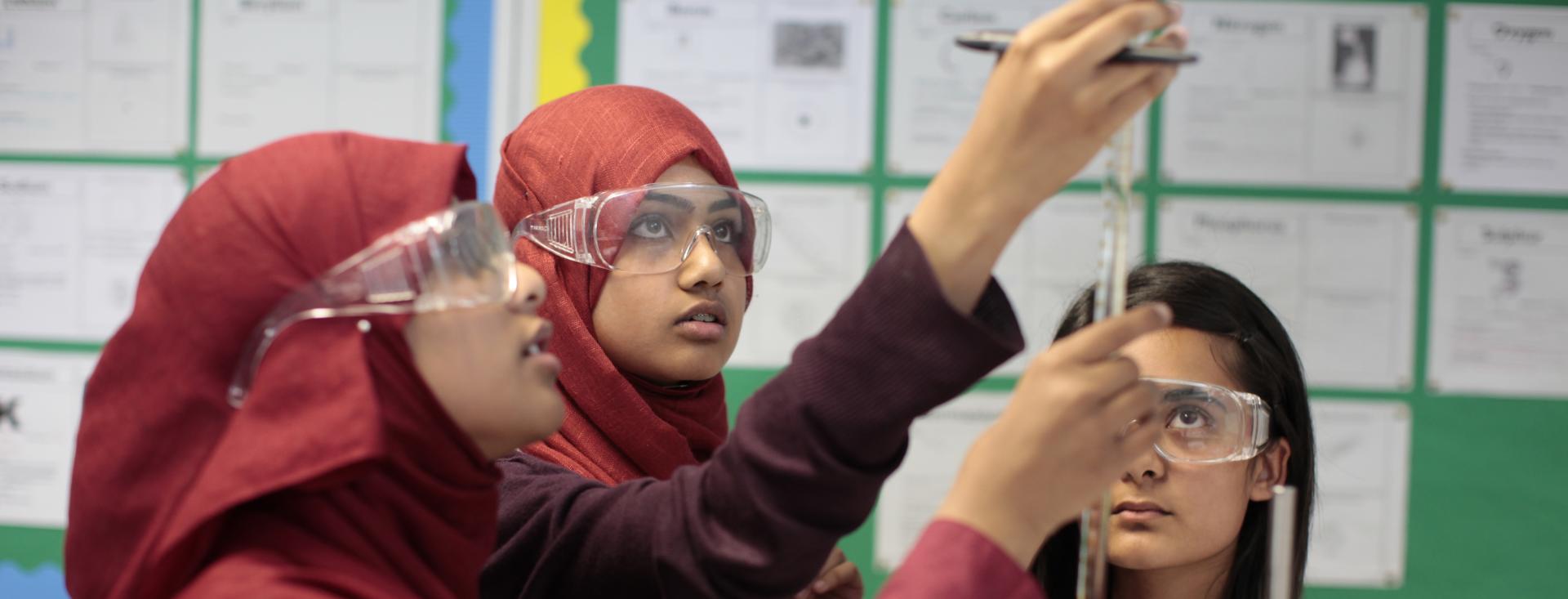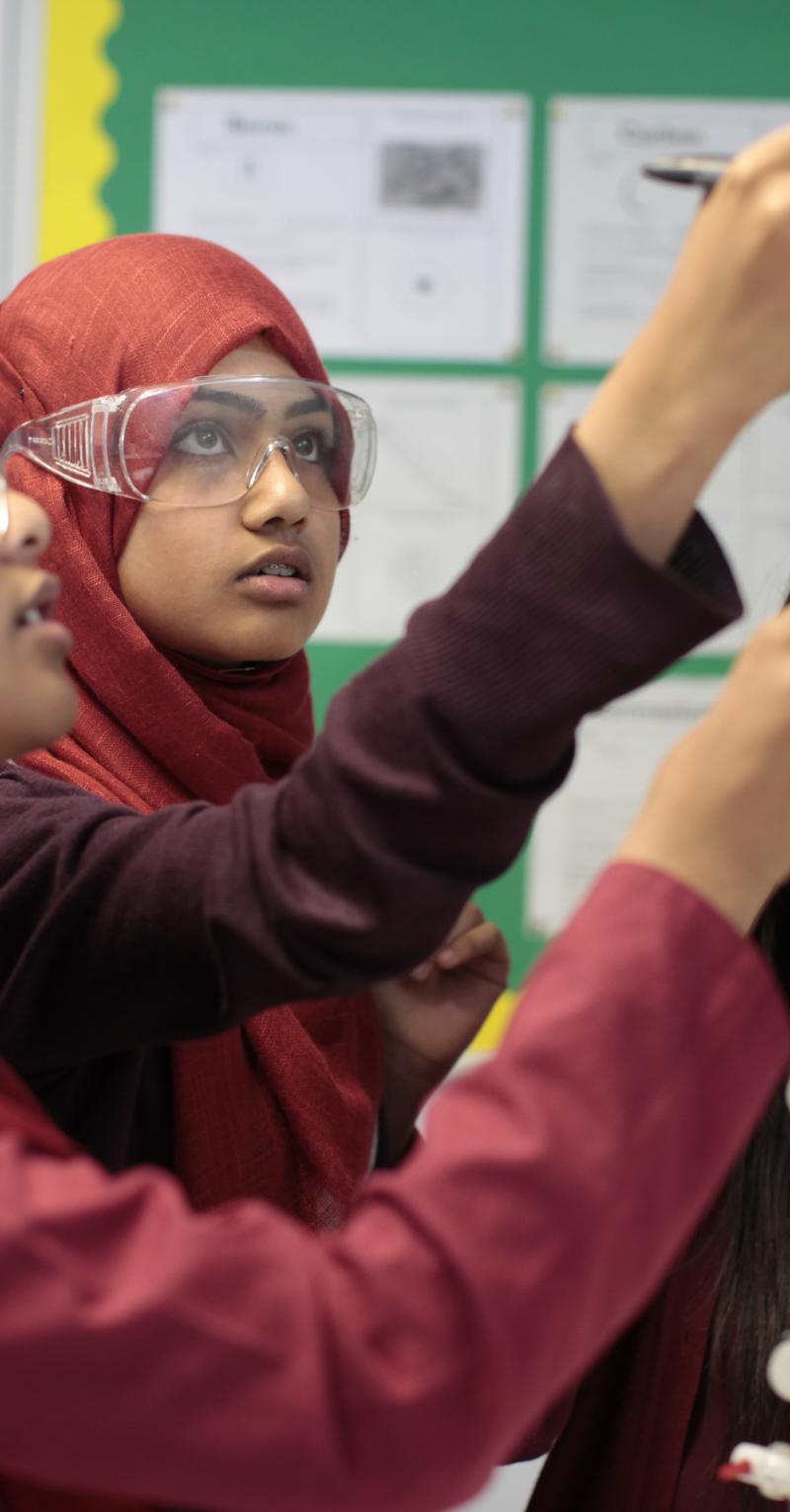Resources
Everyone has a role to play in supporting girls to become empowered, access education for better life outcomes, and thrive. Teach For All is committed to supporting the global network to identify and address the barriers that keep girls from learning and fulfilling their potential through our Girls’ Education initiative. Learn more about gender equity, the issues facing girls around the world, and more in this curated library of resources:
Girls' Education
HerAtlas: Monitoring the Right to Education for Girls and Women
UNESCO’s interactive tool that allows users to explore the educational rights of girls and women around the world. The scoring system enables users to visually monitor legal progress toward securing the right to education for women in all countries.
Girls' Education
What We Learn About Girls' Education from Interventions that Do Not Focus on Girls
This review brings together evidence from 270 educational interventions from 177 studies in 54 low- and middle-income countries and identifies their impacts on girls, regardless of whether the interventions specifically target girls.
Girls' Education
Full Force: Why the World Works Better When Girls Go to School
A report by the Malala Fund that shares research on girls' education, presents new data on the transition from school to the workforce, and outlines recommendations for the G20 to ensure all girls have the skills they need for the future of work.
Girls' Education
Barriers to STEM Education for Rural Girls: A Missing Link to Innovation for a Better Bangladesh
This policy paper unveils the barriers to educational opportunities for rural girls in Bangladesh, focusing on STEM education. It uses a survey of 500 rural secondary-level schoolgirls, 100 parents, and 75 teachers from 30 rural schools in Gazipur.
Girls' Education
Breaking the Silence Around School-Related Gender-Based Violence (SRGBV)
An article that shares the experiences and advice of youth activists who came together to break the silence around school-related gender-based violence as part of the youth-led #NotMySchool campaign.
Girls' Education
Global Education Monitoring Report 2019: Migration, Displacement and Education - Building Bridges, Not Walls
This report reviews global evidence on migration, displacement, and education. It studies the effect of population movements on the access to and quality of education, the implications for migrants and refugees, and the difference education can make.

